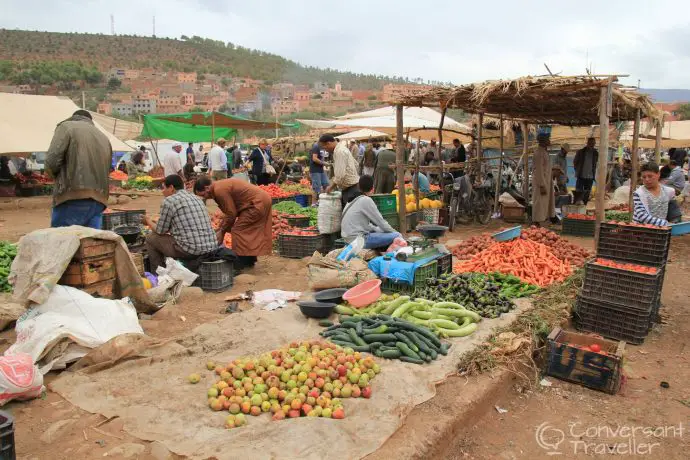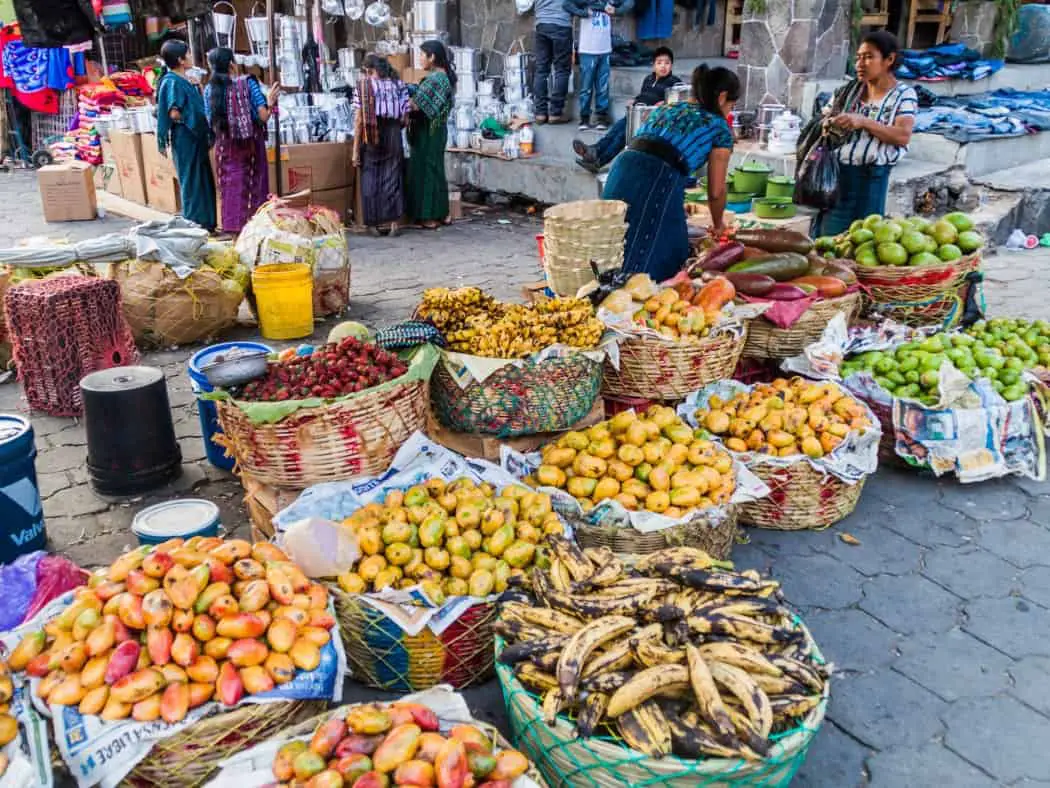Travelling provides the perfect opportunity to explore new cultures, savour unique cuisines, and broaden your horizons. However, for environmentally conscious travellers, it’s important to ensure that the joy of culinary discovery aligns with sustainable practices. By making eco-friendly food choices, you can reduce your carbon footprint while immersing yourself in authentic, local dining experiences. This guide explores how eating locally and sustainably can enhance your travel adventures and contribute to a healthier planet.
The Importance of Sustainable Food Choices
The environment is greatly impacted by the process of food production. From greenhouse gas emissions to water usage and deforestation, the journey of food from farm to table often leaves behind a substantial ecological footprint. By opting for sustainable food choices while travelling, you can:
- Support Local Economies: Purchasing food from local farmers, markets, and small eateries helps boost the local economy and reduces the need for large-scale industrial farming practices.
- Reduce Carbon Emissions: Eating locally grown food minimises the energy used for transportation, refrigeration, and packaging.
- Encourage Ethical Practices: Supporting businesses that prioritise sustainable sourcing promotes ethical farming and fishing methods, benefiting both the environment and local communities.
Seek Out Farmer’s Markets
Farmers’ markets are a haven for sustainable food enthusiasts. These vibrant hubs showcase seasonal, locally grown produce, often free from the heavy processing and transportation required for supermarket goods. When visiting a new destination, make it a point to explore the local farmer’s markets. Not only will you find fresh fruits, vegetables, and artisanal products, but you’ll also have the chance to interact with local producers and learn about regional culinary traditions.

To get the most out of your visit to the farmer’s market:
- Arrive early to get the best selection of produce.
- Take reusable bags to reduce plastic waste.
- Choose seasonal items, as they require fewer resources to grow and transport.
Opt for Plant-Based Meals
Choosing plant-based meals is one of the simplest ways to reduce your environmental impact while traveling. Animal agriculture is one of the main causes of greenhouse gases, and also leads to deforestation as well as water pollution. By opting for plant-based dishes, you can enjoy a delicious meal while making a positive difference for the planet.
Many cultures around the world have rich traditions of plant-based cuisine. From lentil stews in South Asia to vegetable-packed stir-fries in East Asia, you’ll find plenty of flavourful options to satisfy your taste buds. If you’re unsure where to start, ask locals or restaurant staff for recommendations that highlight regional vegetarian or vegan specialties.

Dine at Sustainable Restaurants
As awareness of sustainability grows, more restaurants are adopting eco-friendly practices. Sustainable restaurants often prioritise local sourcing, organic ingredients, and minimal food waste. Some even take it a step further by using renewable energy, composting waste, or offering plant-based menus.
When choosing where to dine, look for:
- Restaurants with certifications such as “farm-to-table” or “sustainable seafood.”
- Establishments that highlight seasonal ingredients on their menus.
- Eateries that avoid single-use plastics and offer eco-friendly packaging for takeout.
A quick online search or a conversation with locals can help you identify restaurants committed to sustainable practices in your destination.
Embrace Zero-Waste Snacking
Travelling often involves snacking on the go, which can lead to excessive waste from packaging and single-use items. To minimise your environmental impact, embrace zero-waste snacking by:
- Carrying reusable containers for snacks like nuts, dried fruits, or homemade trail mix.
- Avoiding individually packaged snacks in favour of bulk purchases from local markets.
- Bringing a reusable water bottle to reduce reliance on single-use plastic bottles.
By planning ahead, you can enjoy convenient, eco-friendly snacks that fuel your adventures without contributing to waste.
Participate in Local Food Traditions
Immersing yourself in local food traditions not only enriches your travel experience but also supports sustainable practices. Many traditional cuisines are rooted in seasonal and locally sourced ingredients, reflecting the natural rhythms of the environment.
Participate in cooking classes, food tours, or community meals to learn more about the cultural significance of local dishes. This hands-on approach allows you to appreciate the connection between food, culture, and sustainability while gaining valuable culinary skills to bring home.

Be Mindful of Food Waste
Food waste is a major global issue, and travellers can inadvertently contribute to the problem. To minimise food waste while traveling:
- Order only what you can eat, and don’t hesitate to ask for smaller portions if needed.
- Share dishes with travel companions to sample a variety of flavours without over-ordering.
- Save leftovers in reusable containers for later meals.
Being conscious of food waste not only reduces your environmental impact but also sets a positive example for others.
Consider Ethical Food Souvenirs
Bringing home food souvenirs is a wonderful way to remember your travels, but it’s important to choose ethically produced items. Look for products that are locally made, sustainably sourced, and packaged in eco-friendly materials. Artisanal goods such as jams, spices, or teas often make excellent choices.
When purchasing food souvenirs, avoid items that may contribute to environmental degradation, such as products made from endangered species or unsustainably harvested ingredients.
Preparing For Your Eco-Friendly Adventure
Supporting sustainable food choices while travelling is a rewarding way to align your adventures with your environmental values. By eating locally, embracing plant-based meals, and seeking out eco-friendly dining options, you can enjoy delicious and authentic culinary experiences while reducing your carbon footprint.
Every choice you make, from visiting farmers’ markets to minimising food waste, contributes to a healthier planet and a more meaningful travel journey. As you explore the world, let sustainability guide your palate and enrich your adventures.





